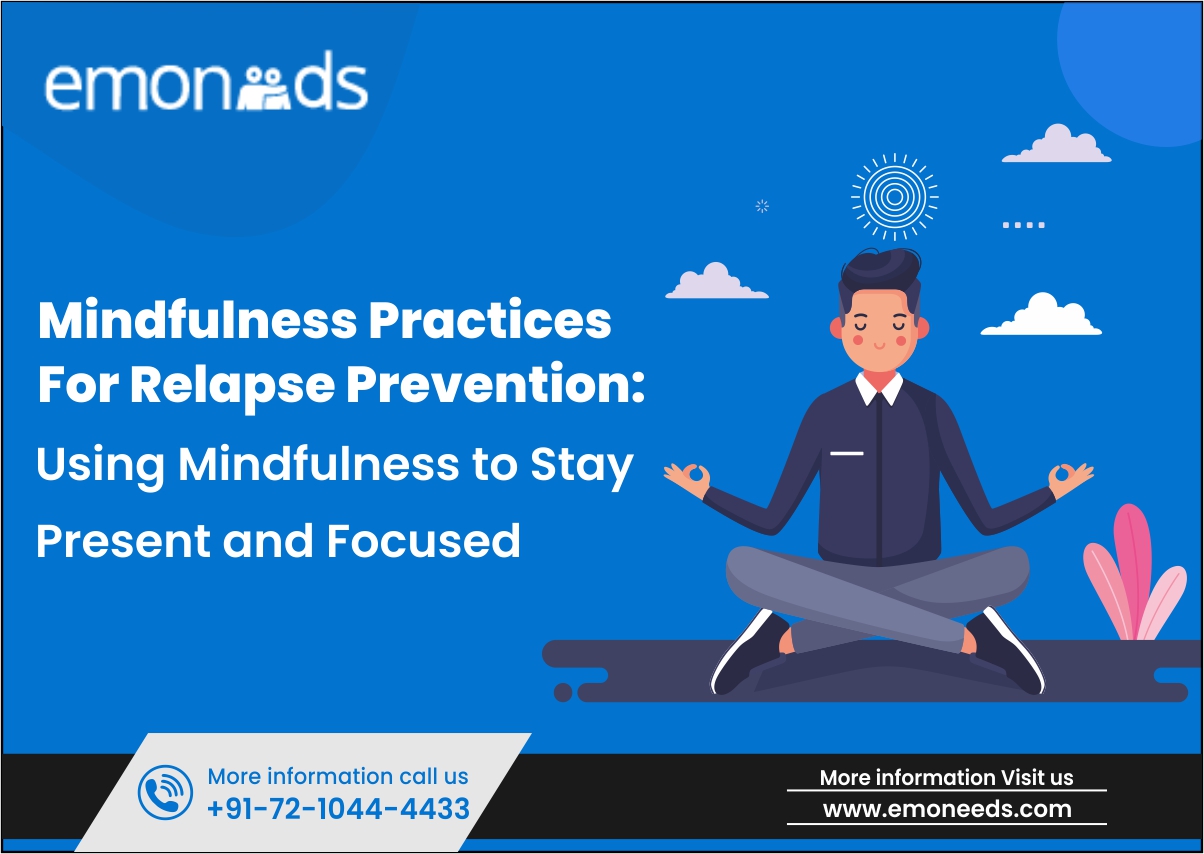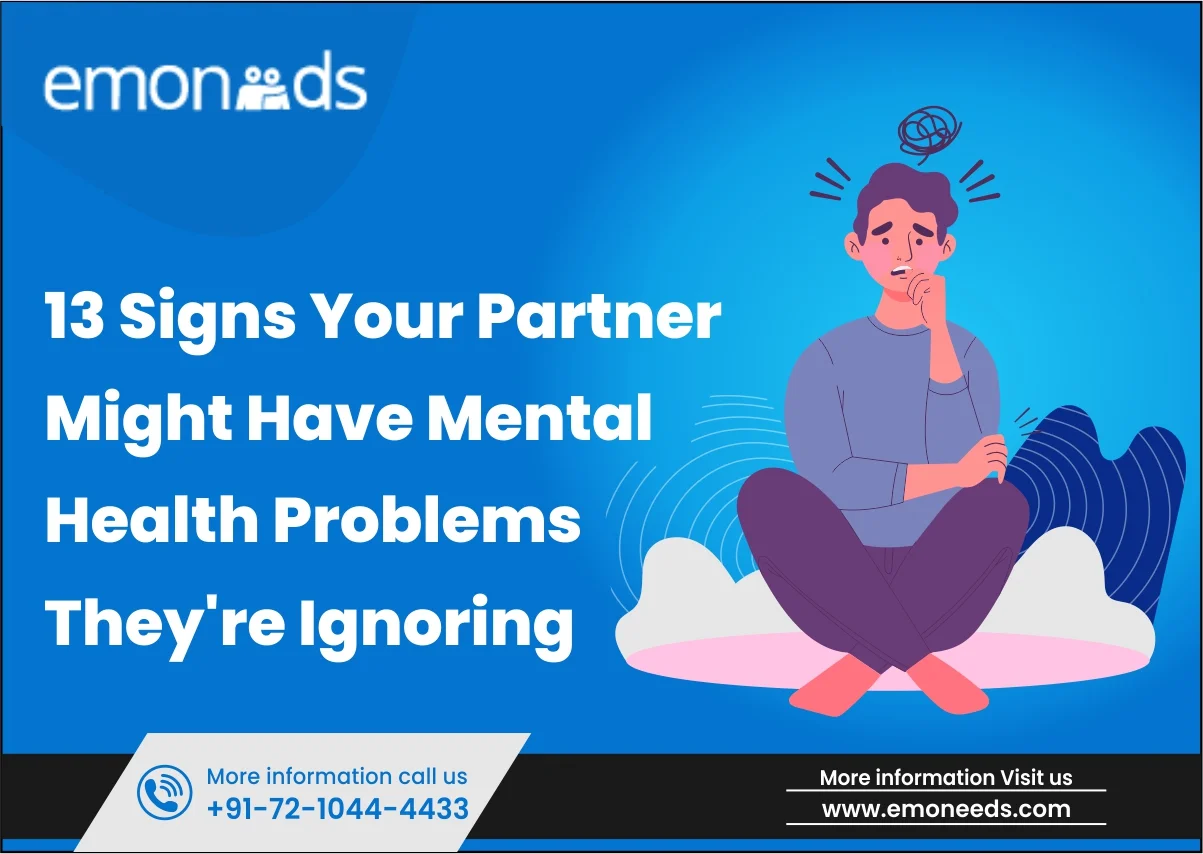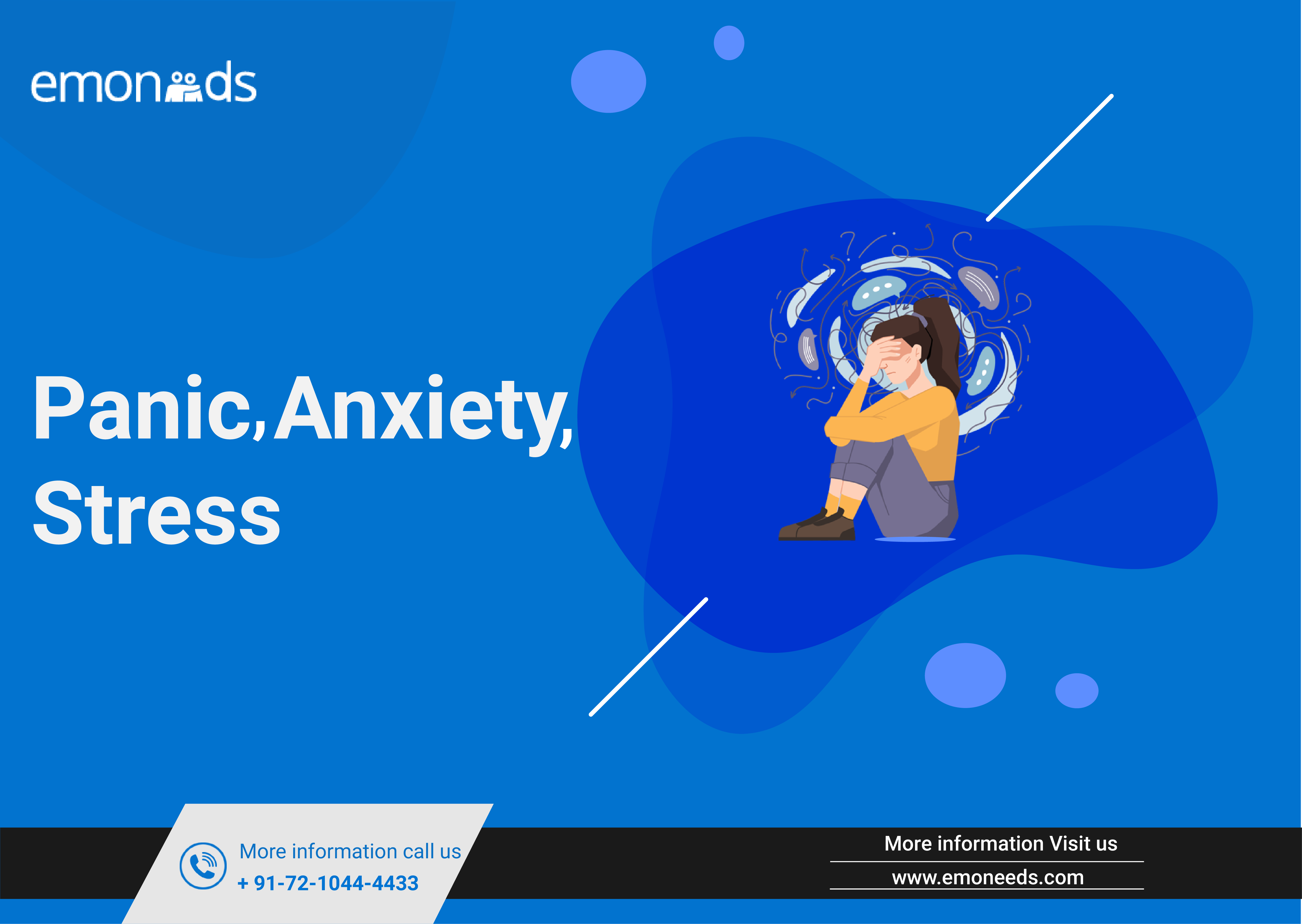
- June 16, 2023
- Saloni Kabra
- 0
Mindfulness has emerged as a powerful practice renowned for its transformative impact on mental well-being. It involves cultivating present-moment awareness and non-judgmental acceptance of one’s thoughts, emotions, and bodily sensations. By developing a deep connection with the present, mindfulness empowers individuals to navigate life’s challenges with resilience and equanimity.
In the realm of mental health, mindfulness has proven to be an invaluable tool for managing various conditions and preventing relapse. Staying present and focused allows individuals to recognize early warning signs, regulate their emotions, and respond skillfully to stressors that may trigger a deterioration in mental health. By practicing mindfulness, individuals gain a greater understanding of their inner experiences and develop the capacity to navigate them with compassion and self-acceptance.
Emoneeds, a leading digital platform in the field of mental health, recognizes the profound impact of mindfulness on relapse prevention. With a commitment to providing comprehensive support, Emoneeds offers a range of services to individuals seeking to maintain stability and prevent relapse. By incorporating mindfulness-based interventions into their approach, Emoneeds equips individuals with the necessary tools to cultivate present-moment awareness, cope with challenges, and foster long-term well-being.
In this blog, we will explore the transformative benefits of mindfulness in managing mental health and delve into the ways through which Emoneeds integrates mindfulness practices into its services. We will explore various mindfulness techniques that can be utilized for relapse prevention, discuss the importance of incorporating mindfulness into daily life, and highlight the role of Emoneeds in supporting individuals on their journey toward mental well-being.
Table of Contents
ToggleUnderstanding Relapse and Its Challenges
Relapse, within the context of mental health, encompasses the reemergence of symptoms or a decline in mental well-being following a period of improvement. It can be a daunting and discouraging experience for individuals with chronic mental health conditions who have worked hard to achieve stability. The challenges associated with preventing relapse are multifaceted.
One of the primary hurdles individuals face is the presence of stressors in their daily lives. Stress, whether related to work, relationships, or personal circumstances, can significantly impact mental health and increase the risk of relapse. Additionally, identifying and managing triggers becomes crucial, as certain situations, environments, or even specific thought patterns can act as catalysts for relapse.
The nature of chronic mental health conditions also poses unique challenges. Some illnesses have inherent fluctuations in symptom severity, making relapse prevention a constant concern. Moreover, individuals may experience a sense of complacency or loss of motivation after an extended period of stability, leading to a decreased focus on preventive measures.
Recognizing the importance of adopting effective strategies for relapse prevention is paramount. Proactive measures, such as regular therapy sessions, medication adherence, lifestyle modifications, and the cultivation of coping skills, play a crucial role in maintaining stability and reducing the risk of relapse.
The Power of Mindfulness
Mindfulness, at its core, involves cultivating a state of present-moment awareness and embracing an attitude of non-judgmental acceptance. By directing our attention to the present moment, mindfulness empowers individuals to develop resilience, regulate their emotions, and reduce reactivity to external and internal stimuli. Its transformative benefits extend to relapse prevention, offering individuals valuable tools for maintaining stability and well-being.
Through mindfulness practices, individuals can enhance their ability to recognize early warning signs of relapse. By staying attuned to their thoughts, emotions, and bodily sensations, they become more adept at identifying subtle shifts that may precede a decline in mental health. This heightened awareness allows for timely intervention and the implementation of coping strategies before symptoms escalate.
Moreover, mindfulness equips individuals with the capacity to manage triggers effectively. By cultivating non-judgmental acceptance, individuals can observe their triggers without becoming entangled in reactive patterns. This increased self-awareness empowers individuals to respond skillfully to stressors, breaking free from automatic and potentially harmful reactions.
Research supports the effectiveness of mindfulness in relapse prevention. Numerous studies have shown that mindfulness-based interventions can reduce the risk of relapse in various mental health conditions. By cultivating present-moment awareness, individuals develop a greater sense of self-regulation and emotional stability, promoting long-term well-being and preventing the recurrence of symptoms.
Mindfulness Techniques for Relapse Prevention
A Cultivating Mindful Awareness
In the journey of relapse prevention, cultivating mindful awareness forms the foundation for staying present and focused. A range of techniques can help individuals develop this awareness:
Body Scan Meditation: By systematically scanning the body from head to toe, individuals bring attention to each sensation, promoting a deep sense of awareness and connection with the body.
Breath Awareness: Focusing on the breath serves as an anchor to the present moment. By directing attention to inhalation and exhalation, individuals can cultivate a calm and centered state of mind.
Sensory Awareness: Engaging the senses mindfully, whether through observing the sights, sounds, tastes, or textures around us, helps ground individuals in the present moment. It enhances the ability to appreciate the richness of immediate experiences.
B. Managing Thoughts and Emotions
Thoughts and emotions play a significant role in mental health, and mindfulness offers effective techniques for managing them:
Mindful Observation: This technique involves observing thoughts and emotions without judgment or attachment. By simply witnessing them as passing mental events, individuals gain insight into the transient nature of thoughts and emotions.
RAIN (Recognize, Accept, Investigate, Non-Identification): RAIN provides a structured approach to difficult thoughts and emotions. It encourages individuals to recognize and accept their experiences, investigate the underlying causes with curiosity and compassion, and practice non-identification by recognizing that thoughts and emotions do not define their true selves.
Loving-Kindness Meditation: By generating feelings of compassion and kindness towards oneself and others, individuals cultivate emotional well-being, resilience, and a sense of interconnectedness. This practice fosters a positive mindset and promotes self-acceptance and empathy.
C. Integrating Mindfulness into Daily Life
The true power of mindfulness lies in its integration into daily life. By incorporating mindfulness into various aspects of our routine, we can reinforce its benefits:
Mindful Eating: Paying close attention to the sensory experience of eating, such as the taste, texture, and smell of food, brings awareness to nourishment. It enhances the connection between the body and mind, promoting healthy eating habits and preventing mindless consumption.
Mindful Movement: Engaging in physical activities with mindfulness, whether through yoga, walking, or any form of exercise, helps individuals stay present in their bodies. It cultivates a sense of groundedness, releases tension, and nurtures overall well-being.
Mindful Communication: Mindful listening and compassionate communication improve the quality of relationships. By fully engaging in conversations, being present with others, and expressing empathy, individuals foster understanding, connection, and harmony in their interactions.
Conclusion
Mindfulness practices offer individuals invaluable tools for relapse prevention. Emoneeds serves as a reliable platform for individuals seeking mental health support. Emoneeds stands out as a platform that understands the power of mindfulness in preventing relapse and integrates it into its comprehensive mental health services. Emoneeds ensures that individuals have access to evidence-based therapeutic techniques rooted in mindfulness.
By embracing mindfulness and accessing the resources provided by Emoneeds, individuals can strengthen their ability to stay present, manage difficulties, and enhance their overall well-being. Remember, preventing relapse is a journey, and the practice of mindfulness can serve as a steadfast companion along the way.

